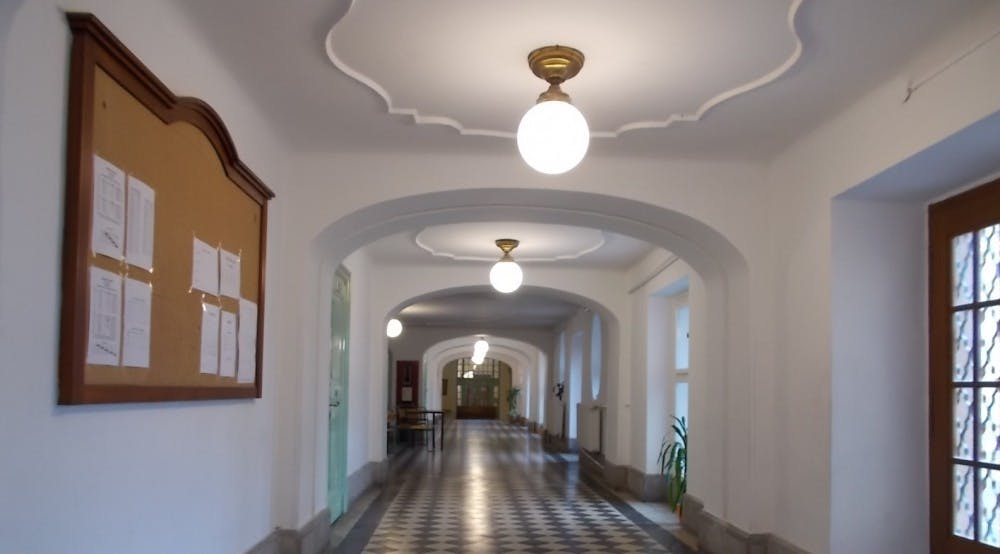The halls of private schools aren’t remotely hallowed. After walking them for 13 years, I should know. In fact, they were far from it—they gave structure to the confusion and hopelessness that categorized my experience in what, by its own claim, is an elite preparatory school. While I still appreciate the fact that I had some academic opportunities that many aren’t afforded, I look back on them as being relatively small compared to the immense, suffocating pressures implicit within the broader society of which my school was a member.
My school was a place of extreme conformity visibly enforced by rules such as a uniform (probably why I will never wear khakis again) and by the fear culture that we placed on anyone remotely different than us. I, for one, was constantly terrified because I didn’t exactly fit the mold of other boys at my school. t The fact that I loved art, reading and music, and didn’t particularly care if the Jets were 0-16 in a given year seemed to me as being not personal assets, but massive liabilities that would bring about surefire castigation or ostracization if anyone else found out.
But the currents of conformity ran deeper than just people being particularly nasty to assumed outsiders—it included a pervasive code of behavior that, from my perspective, undermined any claim to meritocracy or any value in achievement. Most of us, myself included, indulged ourselves in creating images of incredible excess, of bragging about how much money we could spend on our parents’ credit cards, without ever remotely putting on a façade of working or wanting to contribute to society in any way. I bought into that culture halfheartedly and hypocritically: I spent thousands of dollars on clothes after I was called a peasant for turning down the wrong street walking home. Yet I always felt that what I was doing was just wrong.
It was social meanings we attached to success, however, that most acutely distressed me. They stemmed from two ideas. First was the notion that the world was a zero-sum game and that one only did well by ensuring others did poorly. Second was the fact that because I always felt a pressure to hide as many intellectual or personal interests as I possibly could—even from some of my closest friends—I felt that any achievement I made, no matter how big or small or even in things I was genuinely interested in, was entirely worthless and empty.
Achievement was implicitly derided most likely because, as a group, we tended to look up to those of us who would never have to work for a living. And, in a place with such enforced conformity, where there wasn’t particularly much opportunity for anyone to distinguish themselves athletically or academically, it was ostentatious displays of wealth that set people apart. The culture was so pervasive that everything in my school carried a plaque reminding us of its ‘generous donor’—even the school motto.
Through all this, however, was the unrelenting pressure to lie about being happy. I never was, yet whenever I’d be brought into a meeting with teachers or administrators and asked how I was doing I knew that it was better for me to lie and say I was passively happy with my experience in school. I did it out of fear—fear that by even hinting that I found something amiss or wrong would be immediately blamed on me. I was too scared that there was really no place for criticism, no matter how small.
All in all, I don’t particularly believe that having an elite primary education really helped me. Instead, it distorted the way I see the world. I came to believe that people interact with each other in naturally bad faith, that figures of authority are far more interested in self-dealing than helping those under their watch, that there is little empowerment in education, and that intelligence and interest are little other than personal liabilities. But most of all, my experiences have left me grasping at some vague concept of a normal life with no real idea what that is. Duke, while it may be far more diverse and ‘normal’ than where I came from, has taught me that my vague notion of normalcy still may not exist.
Andrew Orme is a Trinity sophomore. His column usually runs on alternate Tuesdays.
Get The Chronicle straight to your inbox
Signup for our weekly newsletter. Cancel at any time.

